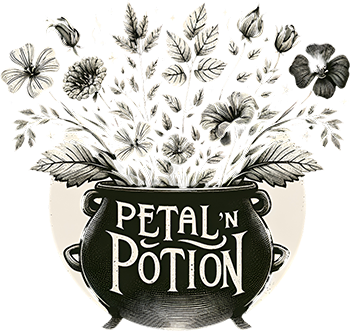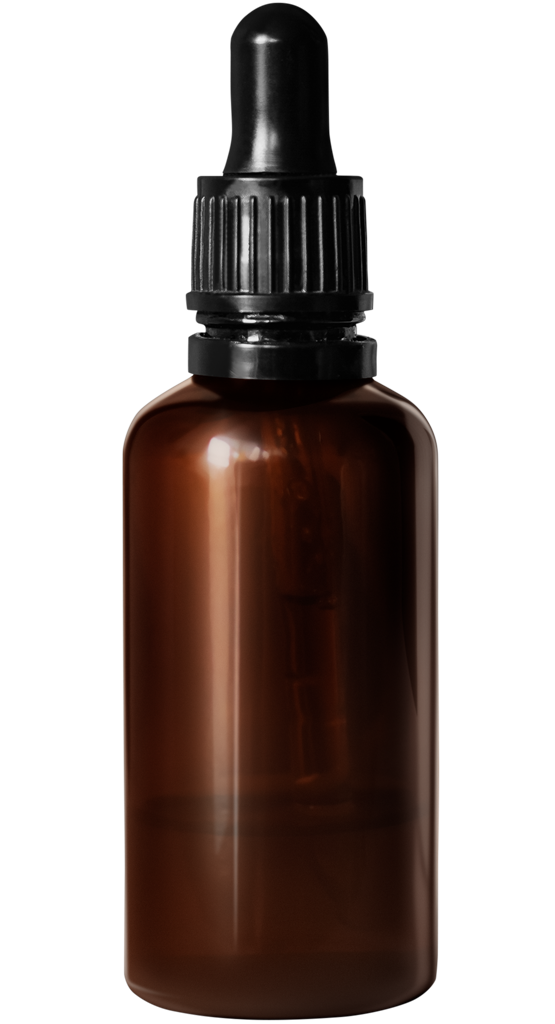R o u n d w o r m
- Quick Search
Roundworms, scientifically referred to as Ascaris lumbricoides, are among the most common parasitic worms affecting humans. Known colloquially as ascariasis, these worms are cylindrical and can grow to substantial lengths within their host. Their resilience and adaptability make them a prevalent issue in many parts of the world.

Removal Methods
Petal n Potion provides a specially formulated tincture designed to address roundworm infestations holistically. This tincture utilizes the antiparasitic properties of herbs like wormwood, black walnut, and clove, offering a natural and effective means to eliminate roundworms from the body without harsh chemicals.
Benefits of Removal
Removing roundworms from the body results in numerous health benefits, such as improved nutrient absorption, relief from gastrointestinal and respiratory symptoms, and overall enhanced energy levels. Children, in particular, can experience significant improvements in growth and development once the infection is cleared.
Location in the Body
Roundworms typically inhabit the intestines, but their larvae can travel through the bloodstream to the lungs, where they mature before returning to the intestines. This unique migration pattern within the body is part of what makes roundworm infections particularly concerning.
Effects on the System
Infections with roundworms can lead to a range of symptoms, depending on the severity of the infestation. Mild cases might only cause minor abdominal discomfort, while more severe infections can result in significant intestinal blockage, malnutrition, and respiratory issues. Symptoms can include persistent cough, shortness of breath, abdominal pain, and diarrhea. In children, heavy infections may lead to impaired growth and development due to nutrient deficiencies.
Life Cycle
The life cycle of roundworms begins when eggs are ingested through contaminated food, water, or soil. Inside the intestines, the eggs hatch into larvae, which penetrate the intestinal walls and enter the bloodstream. They migrate to the lungs, causing respiratory symptoms as they mature. Once matured, the larvae are coughed up and swallowed, returning to the intestines, where they develop into adult worms and lay eggs.
Life Timeline
- Egg Stage: Ingested eggs hatch into larvae in the intestines.
- Larvae Migration: Larvae move through the bloodstream to the lungs.
- Adult Stage: Mature larvae return to the intestines to become adult worms, laying eggs that are expelled in feces.
Preventing roundworm infections involves maintaining good hygiene practices, such as washing hands regularly, especially before eating, and ensuring that food and water sources are clean and safe. It is also advisable to wash vegetables and fruits thoroughly, particularly those grown in soil. An interesting fact is that roundworms can produce a large number of eggs daily, emphasizing the importance of early detection and treatment to prevent widespread infection.

